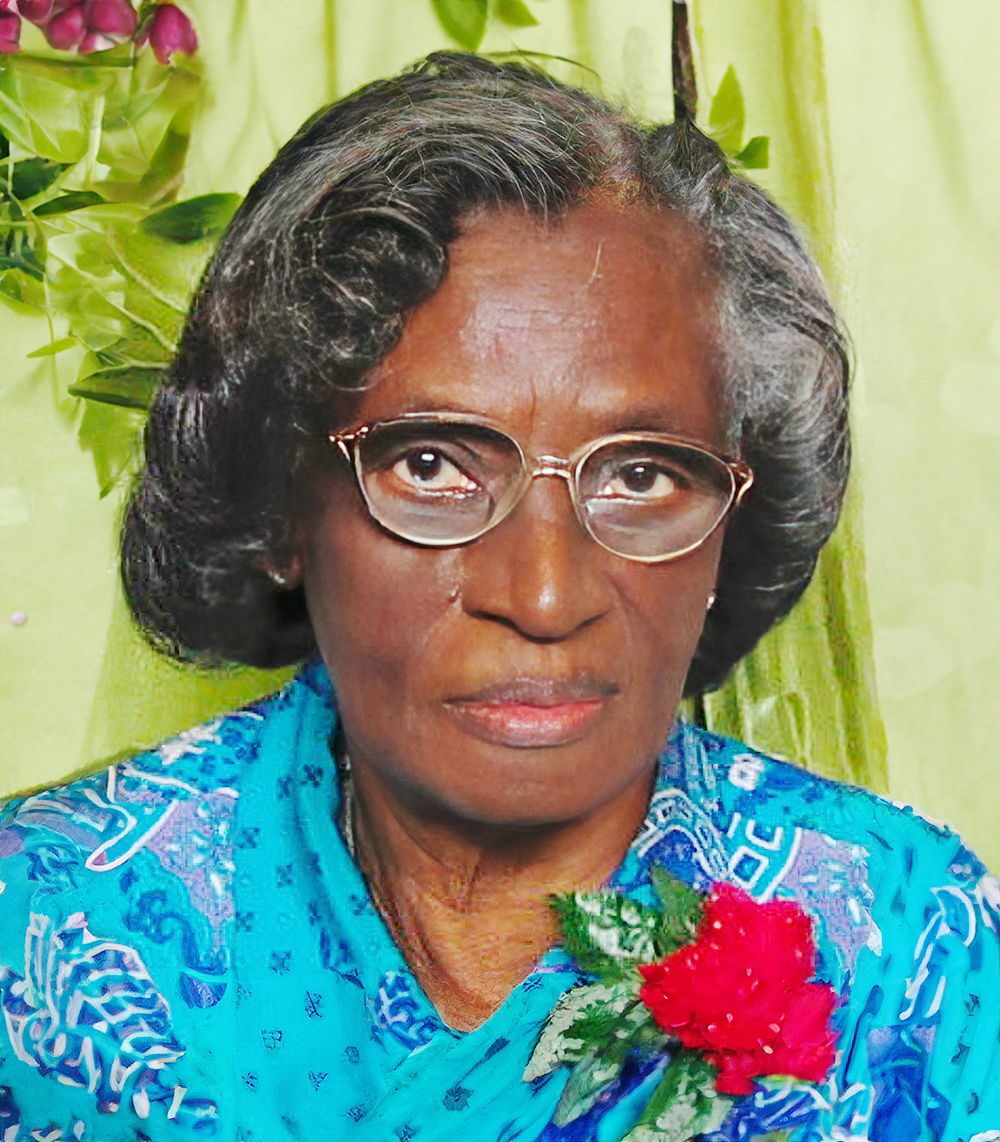Martha White was a prominent figure in the civil rights movement, known for her leadership in the 1953 Baton Rouge Bus Boycott. Born on April 2, 1922, in Woodville, Mississippi, to Ephraim and Viola White, who were sharecroppers, Martha grew up in a large family with seven siblings. Her early experiences as a child of sharecroppers undoubtedly shaped her understanding of social and economic inequality and set the stage for her future activism.
The 1953 Baton Rouge Bus Boycott was a pivotal moment in the civil rights movement, and Martha White played a crucial role in organizing and leading the protest. The boycott was sparked by the arrest of a black woman, Sarah Keys, who refused to give up her seat to a white passenger on a city bus. This incident galvanized the African American community in Baton Rouge, and Martha White emerged as one of the key leaders who mobilized the community to take action. Martha’s leadership during the boycott was characterized by her strategic vision and unwavering commitment to justice. She worked tirelessly to organize meetings, rallies, and protests and was instrumental in coordinating the logistics of the boycott. Despite facing significant opposition and threats of violence, Martha remained resolute in her determination to challenge segregation and discrimination.

The boycott ultimately led to a Supreme Court ruling that declared segregation on public buses unconstitutional, marking a significant victory for the civil rights movement. Martha White’s leadership and activism were instrumental in achieving this milestone, and her legacy continues to inspire future generations of activists. In addition to her role in the Baton Rouge Bus Boycott, Martha White was also involved in other civil rights initiatives throughout her life. She was a vocal advocate for voting rights, educational equality, and economic empowerment for African Americans. Her tireless dedication to the cause of civil rights made her a respected and revered figure within the movement.
Martha White’s contributions to the civil rights movement have left an indelible mark on American history. Her courage, determination, and unwavering commitment to justice serve as a powerful example of the impact that individuals can have in effecting positive social change. Her legacy serves as a reminder of the ongoing struggle for equality and justice and continues to inspire those who seek to create a more just and equitable society. In recognition of her remarkable contributions, Martha White has been honored with numerous awards and accolades. Her leadership and activism have been celebrated by civil rights organizations, educational institutions, and community groups. Her name is synonymous with courage and resilience, and she is remembered as a trailblazer who fearlessly stood up against injustice.
Martha White’s life and legacy serve as a testament to the power of grassroots activism and the enduring impact of individuals who are willing to stand up for what is right. Her story is a reminder that change is possible when individuals come together to demand justice and equality. As we reflect on Martha White’s legacy, we are reminded of the ongoing work that is needed to create a more inclusive and equitable society for all.

